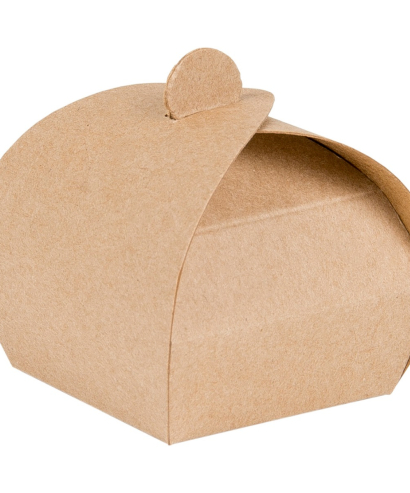It’s that time of year again: the weather’s a little bit warmer, the evenings are getting lighter - spring is finally here! And that can only mean one thing: it’s time for 2025’s Spring Statement.
That’s right, Chancellor Rachel Reeves delivered the statement on Wednesday, 26th March, with an update on where the economy stands since last year’s Autumn Budget. (Just a note - the Spring Statement isn’t a formal budget, as Labour pledged to only deliver one per year.)
This comes as the Office for Budget Responsibility (OBR) has revised its growth forecast for this year down to 1% (this is a reduction from the previously projected 2% in the budget). It has however upgraded its growth projections for the future: 1.9% in 2026, 1.8% in 2027, 1.7% in 2028, and 1.8% in 2029. The OBR also reported that the average household is expected to be £500 better off annually under Labour’s government.
So, what do businesses need to know?
The main talking points for businesses are still the rise in both employer National Insurance contributions and the National Living Wage announced in last year's Autumn Budget.
So, from 6th April 2025 there will be...
- An increase in the rate of employer National Insurance contributions (secondary Class 1 NICs) from 13.8% to 15%.
- A cut in the secondary threshold (where employers become liable to pay NICs on employees’ earnings) from £9,100 a year to £5,000 a year.
- An increase in the Employment Allowance from £5,000 to £10,500, meaning eligible businesses won't have to pay NI on their first £10,500 a year.
And from 1st April 2025:
- The National Living Wage (NLW) (the legal min. wage for everyone 21 and over) will go up from £11.44 to £12.21 an hour (so from £22,368.06 a year to £23,873.60).
- The rate for those aged 18-20 will also rise from £8.60 to £10.
- And the rate for under 18s and apprentices will go from £6.40 to £7.55.
This Spring Statement doesn't contain any further tax increases, but many had hoped it would include more support for small businesses. Andrew Goodacre, CEO of Bira, said they are "deeply concerned that the Spring Statement has overlooked the immediate crisis facing independent retailers".
Goodacre said: "Our members are confronting a perfect storm of rising costs - from the 140% increase in business rates to the National Living Wage rise and National Insurance changes - all while consumer spending remains subdued.
"The Chancellor's forecasts of improved household income may offer some long-term optimism, but they do nothing to address the immediate cash flow challenges our members face. Many independent retailers are making difficult decisions right now about whether they can continue trading under these conditions."
Shevaun Haviland, director general of the British Chambers of Commerce, said 82% of businesses will be impacted by the NI hike, and “that’s why we need a wider tax roadmap for business”.
Haviland said: “[The] Chancellor saw a small dip in inflation, however her statement was made against a backdrop of downgraded economic growth for 2025. It all paints a challenging spring landscape as businesses struggle to bloom. The government must focus on reducing the cost pressures for businesses, boosting investment and exports.
“Firms are realistic, but they are also hurting. Within days they will be faced with higher national insurance (NI) contributions and a rise in the national living wage. Our research shows 82% of businesses will be impacted by the NI hike - with firms forced to raise prices, postpone investment and cut back on recruitment. That’s why we need a wider tax roadmap for business.”
What else was announced in the Spring Statement?
The government announced a package of measures to close the tax gap, including investing in recruiting 500 more HMRC compliance staff. It's also confirming the continued rollout of Making Tax Digital (MTD) for income tax Self Assessment (ITSA), with sole traders and landlords with qualifying income over £20,000 joining from April 2028. Late payment penalties for VAT taxpayers and ITSA taxpayers will also increase, as they join MTD from April 2025 onwards.
Additionally, there will be an additional £13 billion investment in capital infrastructure over the next five years. This includes a £625 million construction skills package aimed at training up to 60,000 more skilled workers.
The government is making a commitment to increase NATO-qualifying defence spending to 2.5% of GDP by 2027, including by providing an additional £2.2 billion of funding for the Ministry of Defence next year.
Read the full Spring Statement 2025 here.
Spring Statement 2025
So, however you're taking this as a small business - remember, you're not alone! For more advice, check out more blogs from Tiny Box Company.





































